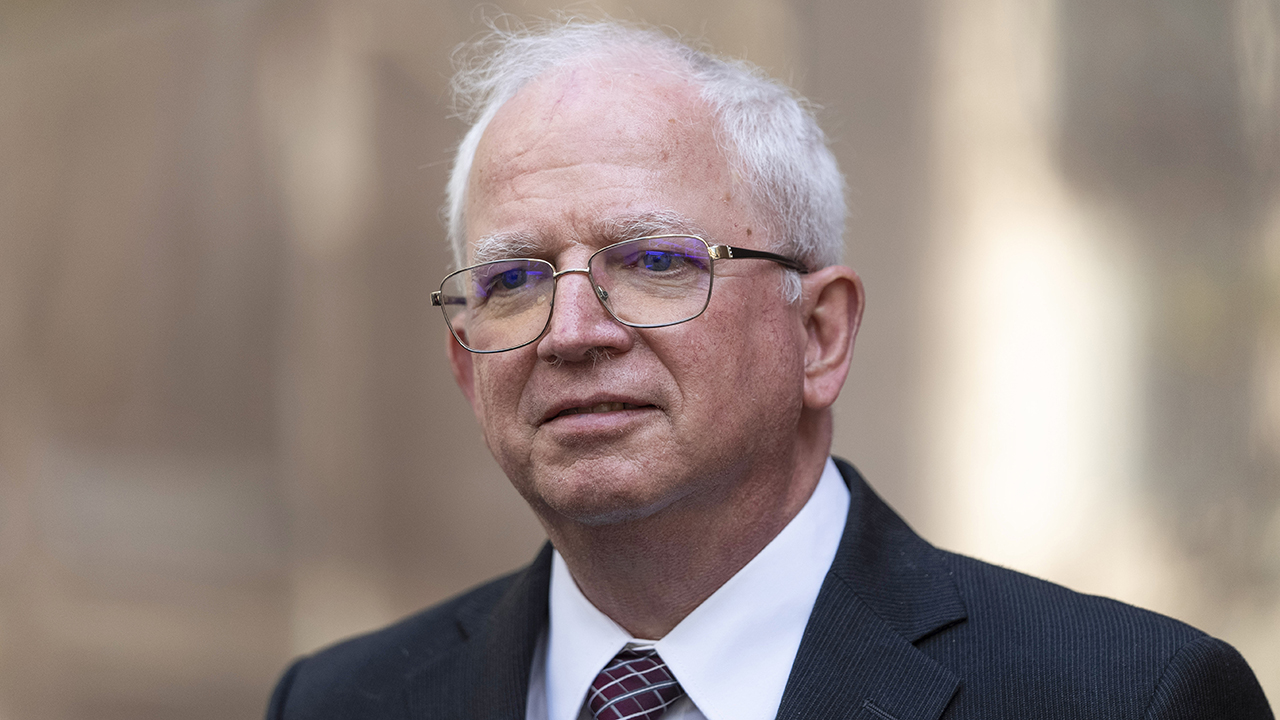2020 Delaware election results by county, electoral college votes

WILMINGTON, Delaware -- There were no surprises as the polls closed in Delaware on Tuesday night, as Joe Biden won the presidential election there and Sen. Chris Coons and Gov. John Carney won re-election.
*Counties are colored red or blue when the % expected vote reporting reaches a set threshold. This threshold varies by state and is based on patterns of past vote reporting and expectations about how the vote will report this year.
AP VoteCast: Delaware voters sour on state of nation
By The Associated Press
Voters in Delaware made their pick for president while holding negative views about the country's direction, according to an expansive AP survey of the American electorate.
The race between President Donald Trump and Democratic rival Joe Biden concluded Tuesday as the nation remains in the throes of a global public health crisis and mired in the economic downturn it brought on. AP VoteCast found that 35% of Delaware voters said the U.S. is on the right track and 64% of voters said it is headed in the wrong direction.
Here's a snapshot of who voted and what matters to them, based on preliminary results from AP VoteCast, a nationwide survey of about 132,000 voters and nonvoters -- including 1,044 voters and 140 nonvoters in Delaware -- conducted for The Associated Press by NORC at the University of Chicago.
TRUMP VS BIDEN
In the race for president, Both voters under 45 and older voters were more likely to favor Biden over Trump.
Both voters without a college degree and college-educated voters were more likely to support Biden over Trump.
Biden led Trump among suburban voters while voters in small towns and rural areas were split between Trump and Biden.
RACE FOR SENATE
In the race for U.S. Senate, Both voters under 45 and older voters were more likely to prefer Christopher Coons over Lauren Witzke.
Both voters without a college degree and college-educated voters were more likely to support Coons.
Suburban voters were more likely to back Coons but voters in small towns and rural areas were split between Coons and Witzke.
RACE FOR GOVERNOR
In the race for governor, Both voters under 45 and older voters were more likely to favor John Carney over Julianne Murray.
Both voters without a college degree and college-educated voters were more likely to favor Carney.
Carney led Murray among suburban voters but voters in small towns and rural areas were divided.
FACING THE PANDEMIC
The coronavirus pandemic has spread through the U.S. for roughly eight months, killing more than 230,000 Americans. Overall, 17% of voters said the virus in the U.S. is completely or mostly under control, and 28% said it's somewhat under control. Fifty-six percent of voters think the coronavirus is not at all under control in this country.
ON THE ISSUES
The coronavirus pandemic was top of mind for many voters in Delaware. Forty-five percent said it is the most important issue facing the country today.
Voters also considered the economy a major issue, with 25% saying it ranked at the top.
Ten percent named racism, 8% named health care and 3% named immigration.
NATIONAL ECONOMY
Voters were more negative than positive in their assessments of the nation's economy. Overall, 43% described economic conditions in the U.S. as excellent or good, and 56% called them not so good or poor.
---
AP created this story automatically using results from AP VoteCast, a survey of the American electorate conducted by NORC at the University of Chicago for Fox News, NPR, PBS NewsHour, Univision News, USA Today Network, The Wall Street Journal and The Associated Press. The survey of 1,044 voters in Delaware was conducted for eight days, concluding as polls closed. Interviews were conducted in English and Spanish. The survey combines a random sample of registered voters drawn from the state voter file and self-identified registered voters selected from nonprobability online panels. The margin of sampling error for voters is estimated to be plus or minus 4.1 percentage points. Find more details about AP VoteCast's methodology at https://ap.org/votecast.











